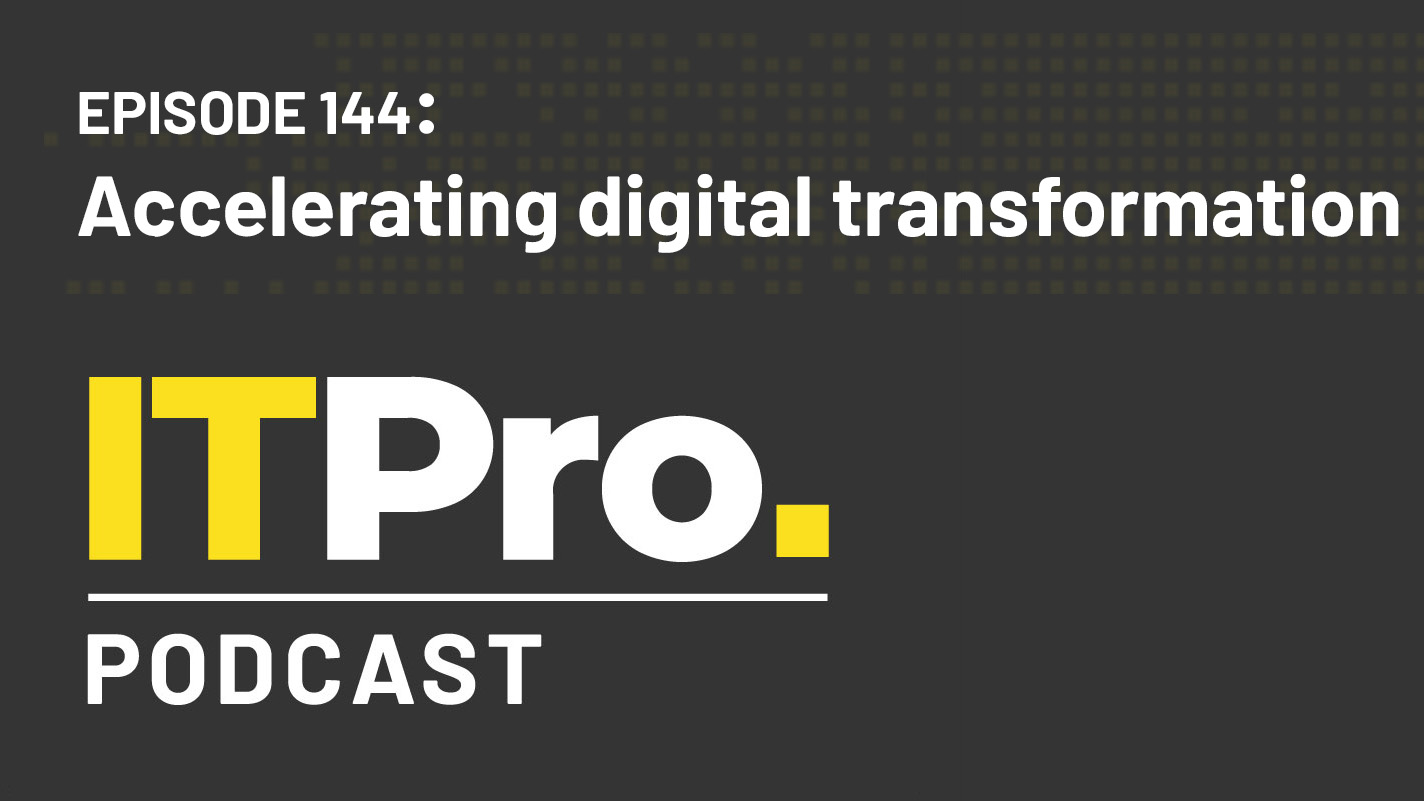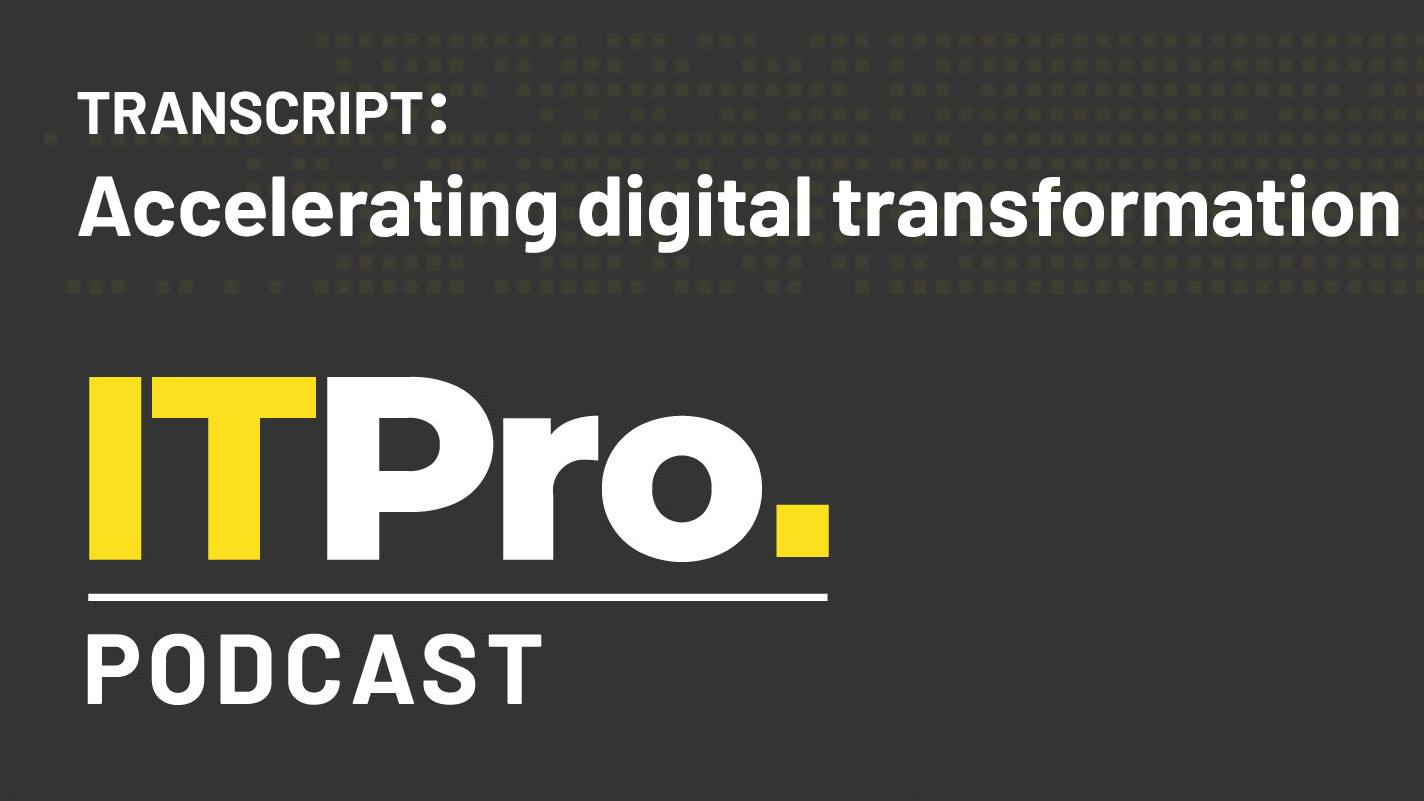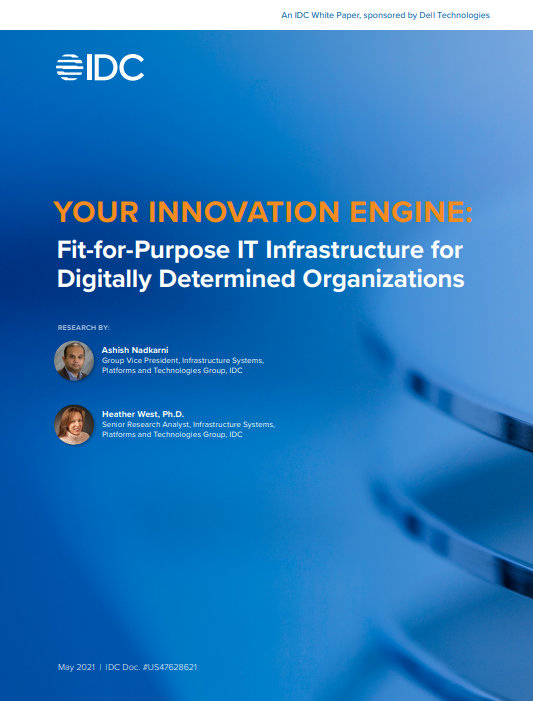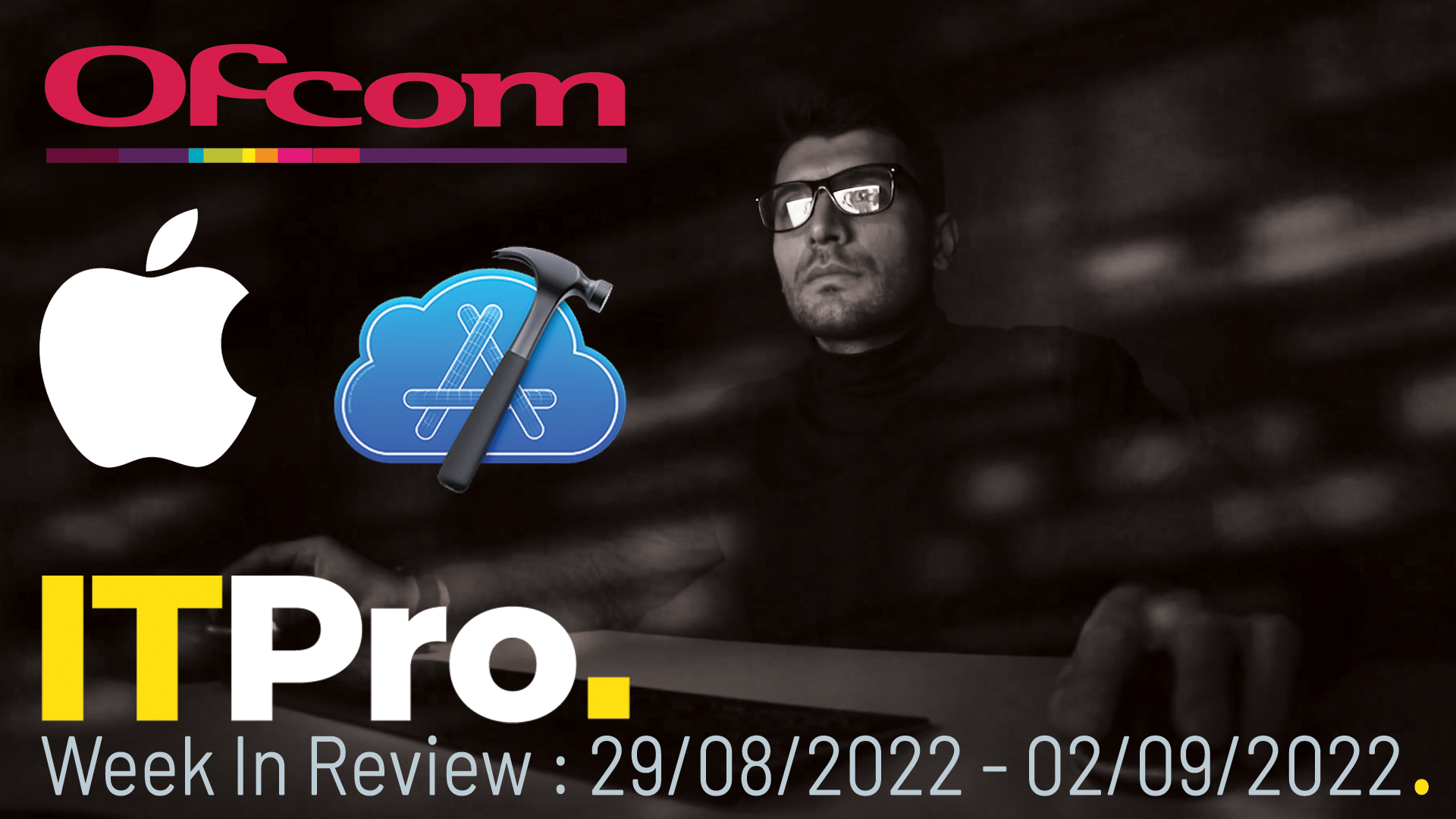The rise of the CMO
Is war about to erupt between the CIO and CMO? Mark Samuels thinks so...


The Doctor's Surgery: Dr Mark Samuels, editor at advisory organisation CIO Connect, examines the future role of the IT leader in his monthly column.
It must feel like Christmas for vendors. Many IT companies have consistently struggled to engage with CIOs, so the rise of the digital business and the apparent fall of the traditional IT leader must seem like a reason to crack open the advocaat.
Evidence of change comes from analyst firm Gartner, who believes CMOs will spend more on technology than CIOs by 2017. The analyst says marketing executives are already purchasing technology from their own capital budgets, often without the say-so of the CIO.
Such relationships are likely to become more widespread. Consumer and cloud technologies mean all users have a much better idea of what they want and how to purchase technology on-demand, with or without any involvement from the tech bods.
The CIO role is evolving and the traditional technology director position might not exist in 10, or even five, years' time. But skilled professionals, who use their IT experience to help the business make digital purchasing decisions, will always be a crucial component of the leadership team.
Any CIO will confirm instances where lines-of-department have gone off and bought their own kit. Employees have always liked to do their own thing. But the rise of digital technology has made individualism easier and much more fashionable.
Yet it is the marketing department, rather than individual purchasing decisions, that provides the real threat to the CIO. The CMO, unlike the CIO, almost always resides on the board. And, much as it might pain the rest of the c-suite, people do listen to marketing folk.
When CIOs talk of a new technology initiative, other executives recoil in fear at the thought of problem projects from the past. While executives also might roll their eyes at yet-another piece of blue sky thinking' from the marketing team, they are actually vividly aware that the power for decision making in the digital age increasingly resides with people who push the envelope' for a living.
Get the ITPro daily newsletter
Sign up today and you will receive a free copy of our Future Focus 2025 report - the leading guidance on AI, cybersecurity and other IT challenges as per 700+ senior executives
The rise of digital technology should have made life easier for the IT leader to collar an increased amount of power and budget. That the rest of the business is actually looking to the CMO for digital decision-making is a serious blow. But it doesn't have to be a knockout punch for the CIO.
There are risks associated in allowing CMOs to engage with vendors in isolation. Give an executive a bigger budget and they are likely to buy a lot more kit. Get those purchases wrong and the business will end up with the kind of problems it has spent the last five years trying to unravel: in short, too many systems and not enough services.
Someone, somewhere has to take executive responsibility for ensuring digital services are integrated. Only executives with experience of good governance and strategy around IT implementation can ensure the rest of the business buys the right technology at the right time.
The CIO role is evolving and the traditional technology director position might not exist in 10, or even five, years' time. But skilled professionals, who use their IT experience to help the business make digital purchasing decisions, will always be a crucial component of the leadership team.

Mark Samuels is a freelance writer specializing in business and technology. For the past two decades, he has produced extensive work on subjects such as the adoption of technology by C-suite executives.
At ITPro, Mark has provided long-form content on C-suite strategy, particularly relating to chief information officers (CIOs), as well as digital transformation case studies, and explainers on cloud computing architecture.
Mark has written for publications including Computing, The Guardian, ZDNet, TechRepublic, Times Higher Education, and CIONET.
Before his career in journalism, Mark achieved a BA in geography and MSc in World Space Economy at the University of Birmingham, as well as a PhD in economic geography at the University of Sheffield.
-
 Bigger salaries, more burnout: Is the CISO role in crisis?
Bigger salaries, more burnout: Is the CISO role in crisis?In-depth CISOs are more stressed than ever before – but why is this and what can be done?
By Kate O'Flaherty Published
-
 Cheap cyber crime kits can be bought on the dark web for less than $25
Cheap cyber crime kits can be bought on the dark web for less than $25News Research from NordVPN shows phishing kits are now widely available on the dark web and via messaging apps like Telegram, and are often selling for less than $25.
By Emma Woollacott Published
-
 Protecting CIOs' IT budgets is "paramount" in maintaining business growth
Protecting CIOs' IT budgets is "paramount" in maintaining business growthNews If CIOs are forced to make emergency budget cuts, they should also explain the risks to high level stakeholders so the responsibility is shared
By Zach Marzouk Published
-
 The IT Pro Podcast: Accelerating digital transformation
The IT Pro Podcast: Accelerating digital transformationIT Pro Podcast Implementation is just as important as the value of change
By IT Pro Published
-
 Podcast transcript: Accelerating digital transformation
Podcast transcript: Accelerating digital transformationIT Pro Podcast Read the full transcript for this episode of the IT Pro Podcast
By IT Pro Published
-
 Fit-for-purpose IT infrastructure for digitally determined organisations
Fit-for-purpose IT infrastructure for digitally determined organisationsWhitepaper Your innovation engine: Guiding organisations through change in the new digital economy
By ITPro Published
-
 IT Pro News in Review: CIOs face a challenge, Ofcom's telecom fines, Apple expands Xcode
IT Pro News in Review: CIOs face a challenge, Ofcom's telecom fines, Apple expands XcodeVideo Catch up on the biggest headlines of the week in just two minutes
By IT Pro Published
-
 CIO role has 'drastically changed' over last 24 months, says Lenovo
CIO role has 'drastically changed' over last 24 months, says LenovoNews Globally survey suggests chief information officers have greater influence over their company now the role has expanded beyond technology
By Bobby Hellard Published
-
 How can CIOs help to close the tech skills gap?
How can CIOs help to close the tech skills gap?In-depth The most well-equipped IT leaders can take a number of practical steps to close the divide within their organisations
By Rene Millman Published
-
 What is a virtual CIO (vCIO) and does your business need one?
What is a virtual CIO (vCIO) and does your business need one?In-depth With tech skills in short supply, organisations are turning to temporary expertise to see through critical digital transformation projects
By Mark Samuels Published